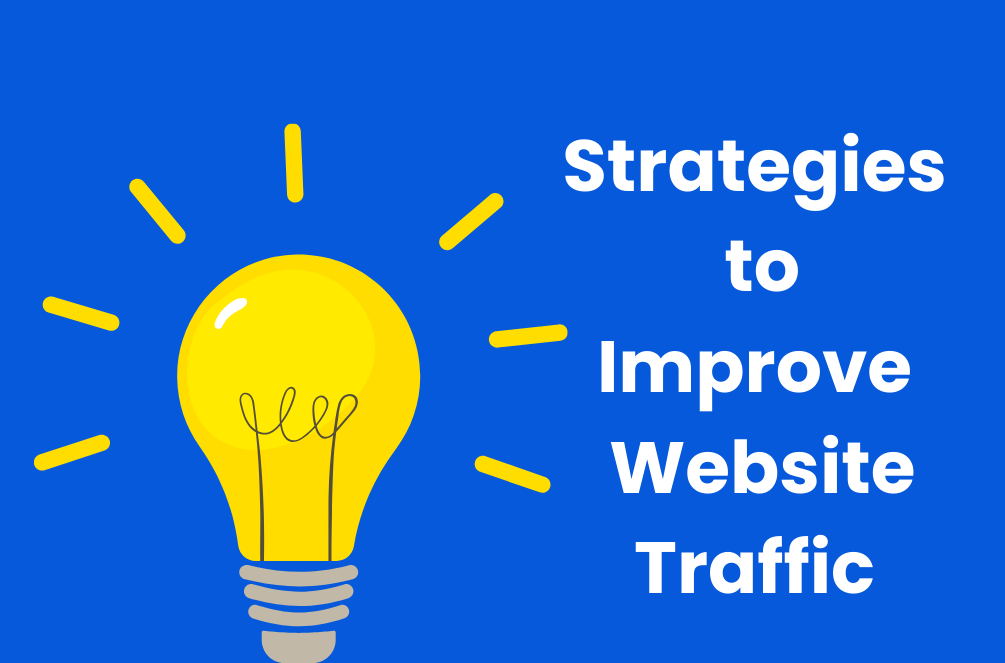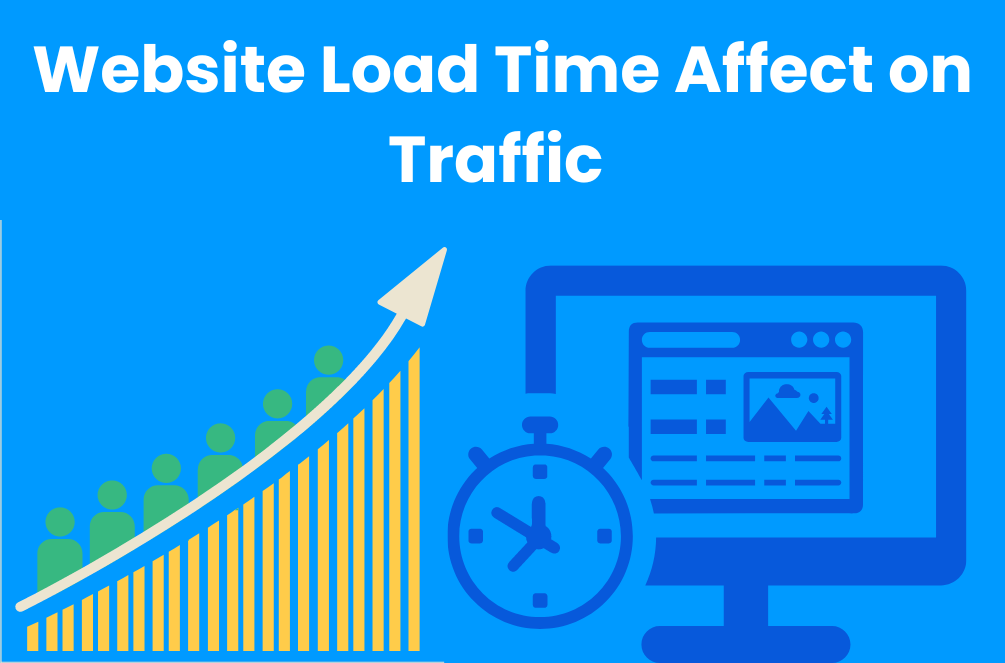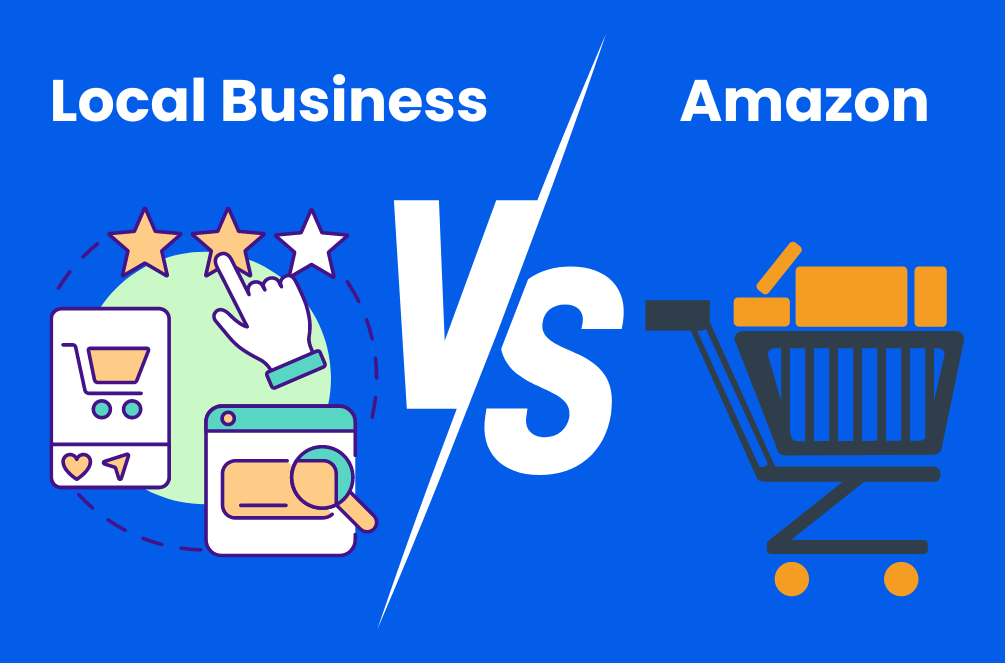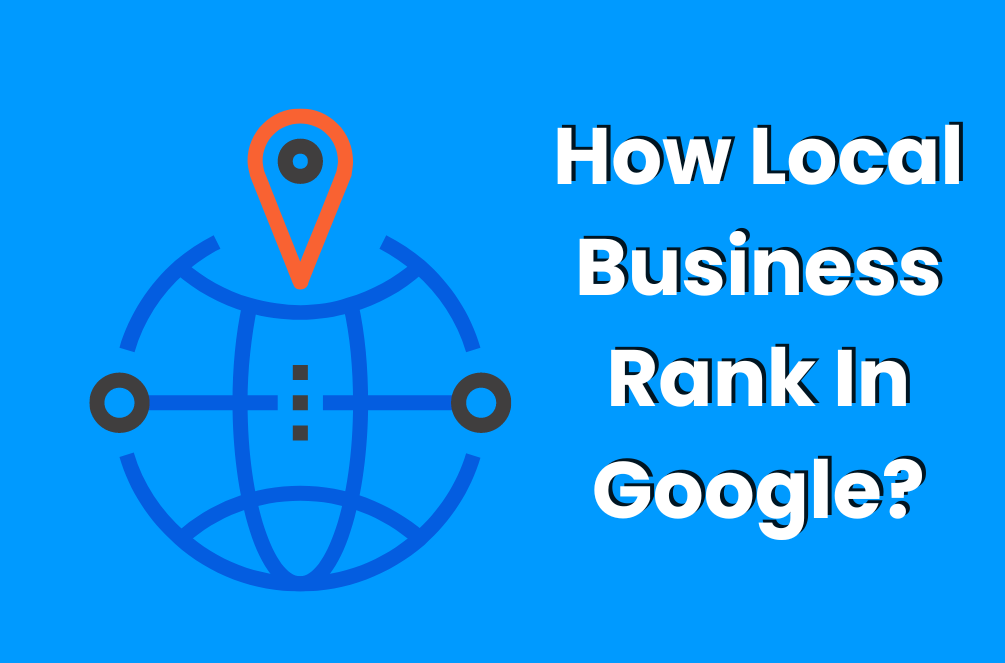In today’s digital landscape, the speed at which a website load plays a crucial role in shaping user experience, search engine visibility, and ultimately, the volume of traffic it receives. Understanding how can website load time affect traffic is essential for businesses looking to maximize their online presence and engagement with their target audience.
Introduction
The speed at which a website loads has become increasingly critical in the digital age, where users expect instant access to information and seamless browsing experiences. Slow load times can have a significant impact on user satisfaction, leading to decreased engagement and, ultimately, reduced traffic to the site. Let’s delve into why load time is critical for both user experience and search engine optimization (SEO), and how can website load time affect traffic.
Why Load Time Matters
Today, users expect blazing-fast speeds, and with an ever-increasing volume of content to choose from, patience wears thin. The statistics are staggering. For every second delay, you stand to lose 7% of your website’s conversions. If an e-commerce site is making $100,000 per day, a one-second page delay could potentially cost $2.5 million in lost sales every year (Kissmetrics).
Remarkably, Google doesn’t differ in its expectations. Page speed is a critical factor used by its algorithm to rank pages. In essence, a sluggish page load can not only deter customers but tell search engines that your site isn’t up to scratch, which can tank even the most meticulously curated content in the SERPs.
Factors Influencing Website Load Time
It is essential to understand the various elements that can affect your website’s load time. By identifying and addressing these factors, you can significantly improve the performance of your site. This query how can website load time affect traffic be better understood by these factors.
Server Performance
The foundation of your website’s speed lies in the server it’s hosted on. Server response times, often referred to as Time to First Byte (TTFB), are influenced by the quality of hosting, server resources, and the volume of traffic the server handles.
Page Size and Complexity
The larger and more complex your web pages, the longer they take to load. This includes everything from HTML, CSS, and JavaScript files to multimedia content and third-party services.
Image and Multimedia Optimization
Large images and multimedia files are common culprits of slow load times. Optimizing these files through compression, formatting adjustments, and lazy loading can make a significant difference.
Code Efficiency
The efficiency of your website’s code can directly impact load times. Bloated code, unused scripts, and poorly structured CSS can all slow down page rendering.
Effects on User Experience
A slow website can have a profound impact on user experience, which in turn can influence traffic patterns and overall user behavior. User experience is the most important factor to know how can website load time affect traffic.
Bounce Rate and User Engagement
High bounce rates, which occur when visitors leave your site after viewing only one page, are often associated with slow load times. Users are quick to abandon a website that doesn’t quickly provide the information they seek.
Conversion Rates and Sales
Slow load times have been shown to decrease conversion rates. Whether your goal is to sell a product, capture leads, or drive a specific action, a slow website can be a major obstacle.
Brand Reputation and Trust
A website’s speed reflects on the brand. A website that loads quickly is seen as professional and trustworthy, while a slow site can lead to a negative perception.
SEO Impact and Ranking
Search engines aim to provide the best possible user experience. As a result, they rank faster websites higher and promote those that offer a superior user experience.
Search Engine Ranking Factors
Load time is a confirmed ranking factor for search engines, including Google. Faster sites are favored in search results, which can lead to more organic traffic.
Crawling and Indexing Speed
Search engine bots have a limited time to crawl your site. If your pages load slowly, it can hinder the speed at which they are indexed and updated in the search engine’s database.
Mobile-Friendliness and Load Speed
With a significant portion of web traffic coming from mobile devices, mobile load times are critical. Mobile-friendly sites that load quickly stand to gain a competitive advantage.
Conversion Rates and Revenue
Beyond user experience and search rankings, website load time directly impacts conversion rates and revenue. Studies show that faster websites lead to higher conversion rates and increased revenue. Users are more likely to engage with a site that responds promptly to their actions, leading to a higher likelihood of completing desired actions.

Strategies for Improving Website Load Time
Optimizing your website’s load time is not only beneficial but also necessary to provide a competitive user experience and enhance SEO rankings. Here are strategies you can employ to make your site faster and solve this question about how can website load time affect traffic.
To combat slow load times, website owners can employ various strategies. Image optimization reduces file sizes without compromising quality while minifying CSS and JavaScript files reduces the amount of code that needs to be loaded.
Tools and Techniques for Optimization
There are numerous tools available to diagnose and address load time issues. From browser developer tools to web performance platforms, leveraging the right technology is the first step toward optimization.
Website owners can utilize various tools to analyze and improve load times. Understanding server response times is key, and tools like Google’s PageSpeed Insights provide actionable insights into areas that need optimization.
Caching Strategies
Leveraging browser caching is crucial for reducing load times on repeat visits. By storing static files locally on a user’s device, subsequent visits to the website involve fewer requests to the server, leading to quicker load times.
Minification of Resources
Removing unnecessary characters from your HTML, CSS, and JavaScript files through minification can reduce their file sizes and boost load times.
Content Delivery Networks (CDNs)
Implementing a Content Delivery Network (CDN) is another effective strategy. CDNs distribute website content across multiple servers worldwide, ensuring faster load times by reducing the physical distance between the user and the server.
Common Mistakes to Avoid
In the pursuit of faster load times, it’s essential to identify and rectify common mistakes. These may include oversized images, unoptimized code, or excessive third-party scripts. Addressing these issues can lead to significant improvements.
Continuous Monitoring and Optimization
Optimizing website load time is not a one-time task. It requires continuous monitoring and adaptation to evolving website needs. Regularly assessing performance metrics and making necessary adjustments ensures that a website
Conclusion
In conclusion, website load time is not just a technical metric; it’s a critical aspect of online success. Prioritizing speed enhances user experience, improves search rankings, and ultimately contributes to higher conversion rates and revenue. Website owners should embrace the ongoing challenge of optimization, adapting to emerging trends to stay ahead in the digital landscape.
For website owners, digital marketers, and SEO enthusiasts, the message is clear: how can website load time affect traffic? This overlooked metric can be an SEO goldmine or a forgotten liability.
Frequently Asked Questions (FAQs)
What impact does website load time have on user experience?
Website load time significantly affects user experience by determining how quickly content becomes accessible. Longer load times can lead to higher bounce rates and reduced user satisfaction.
How Can Website Load Time Affect Traffic?
A faster load time tends to improve user experience, leading to increased user retention, longer visits, and more user engagement. Conversely, slow load times are a primary factor in high bounce rates—users will often leave a site out of frustration if it does not load quickly enough. Traffic can also be impacted indirectly as search engines incorporate site speed into their ranking algorithms, giving preference to faster-loading sites.
What are the most critical factors affecting my website’s load time?
The key factors include server performance and response times, page size and complexity, inefficient code, and large, unoptimized image and multimedia files.
Can image and multimedia optimization make my website faster?
Yes, optimizing images and multimedia can drastically reduce file sizes without compromising quality, leading to significantly faster load times.
What are some tools I can use to measure and improve my website’s load time?
Tools like Google PageSpeed Insights, GTmetrix, and Pingdom offer comprehensive insights into your website’s performance and provide recommendations for load time optimization.




